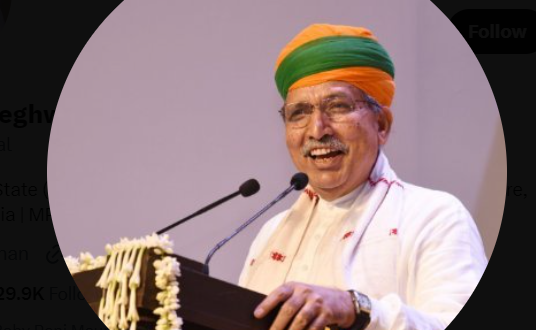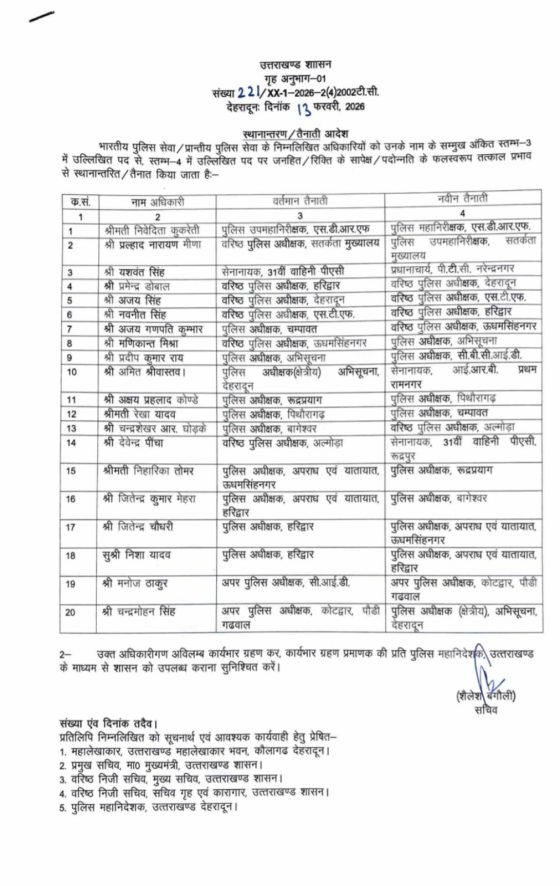DAINIK NATION BUREAU : In a significant declaration, India’s Law Minister Arjun Ram Meghwal has clarified that there are no proposals to introduce exams for the selection of High Court judges. The statement comes amid public discussions on potential reforms in the judiciary’s appointment process. The assurance by the Law Minister reinforces the government’s commitment to preserving the independence and integrity of the judicial system. This article delves into the importance of the judiciary’s selection process, the implications of introducing exams, and the reasons behind the government’s decision to maintain the existing procedure.
Upholding the Pillars of the Judiciary:
The appointment of judges is a cornerstone of the Indian judiciary’s integrity and independence. It ensures that the most competent and qualified legal minds are entrusted with the responsibility of dispensing justice in the higher courts. The current process, which involves a careful evaluation of candidates’ experience, knowledge, and track record, aims to uphold the principles of meritocracy and impartiality.
The Debate on Introducing Exams :
In recent times, there have been discussions regarding the possibility of introducing competitive exams for selecting High Court judges. Proponents argue that exams could offer a standardized and objective evaluation mechanism, ensuring that only the most deserving candidates assume judicial roles. However, critics raise concerns about potential downsides, such as increased bureaucratic procedures, possible politicization, and compromising the diversity of expertise and experience among judges.
Preserving Judicial Independence:
The Law Minister’s affirmation that there are no proposals to introduce exams underscores the government’s commitment to upholding the independence of the judiciary. By sticking to the established process of appointment based on experience and merit, the government aims to safeguard the judiciary from undue interference and preserve its impartiality. The absence of a political agenda in judge selection is crucial for maintaining public trust and confidence in the judicial system.
Evaluating Existing Selection Mechanisms:
While the current process of appointment without exams remains intact, it is essential to periodically evaluate its efficiency and transparency. By identifying potential areas of improvement, such as enhancing the diversity of the judicial bench, increasing representation of marginalized communities, and streamlining the selection procedure, the government can ensure the judiciary’s continued effectiveness and inclusivity.
Striking a Balance :
Maintaining the delicate balance between merit-based selection and safeguarding judicial independence is essential. The government’s assurance to retain the existing process reflects its commitment to strike that balance. By relying on the assessment of candidates’ expertise and experience, the judiciary can continue to attract the best legal minds while staying insulated from extraneous influences.
The selection of High Court judges is a critical aspect of upholding the sanctity and efficacy of India’s judicial system. The Law Minister’s clarification that there are no proposals to introduce exams for this purpose reaffirms the government’s dedication to preserving the judiciary’s independence and impartiality. While the current system has its strengths, it should not discourage periodic evaluation and improvement to enhance diversity, representation, and transparency in the judicial selection process. By continuing to prioritize merit and experience, India’s judiciary can maintain its reputation as a pillar of democracy and a guarantor of justice for all citizens.
 Dainik Nation News Portal
Dainik Nation News Portal

